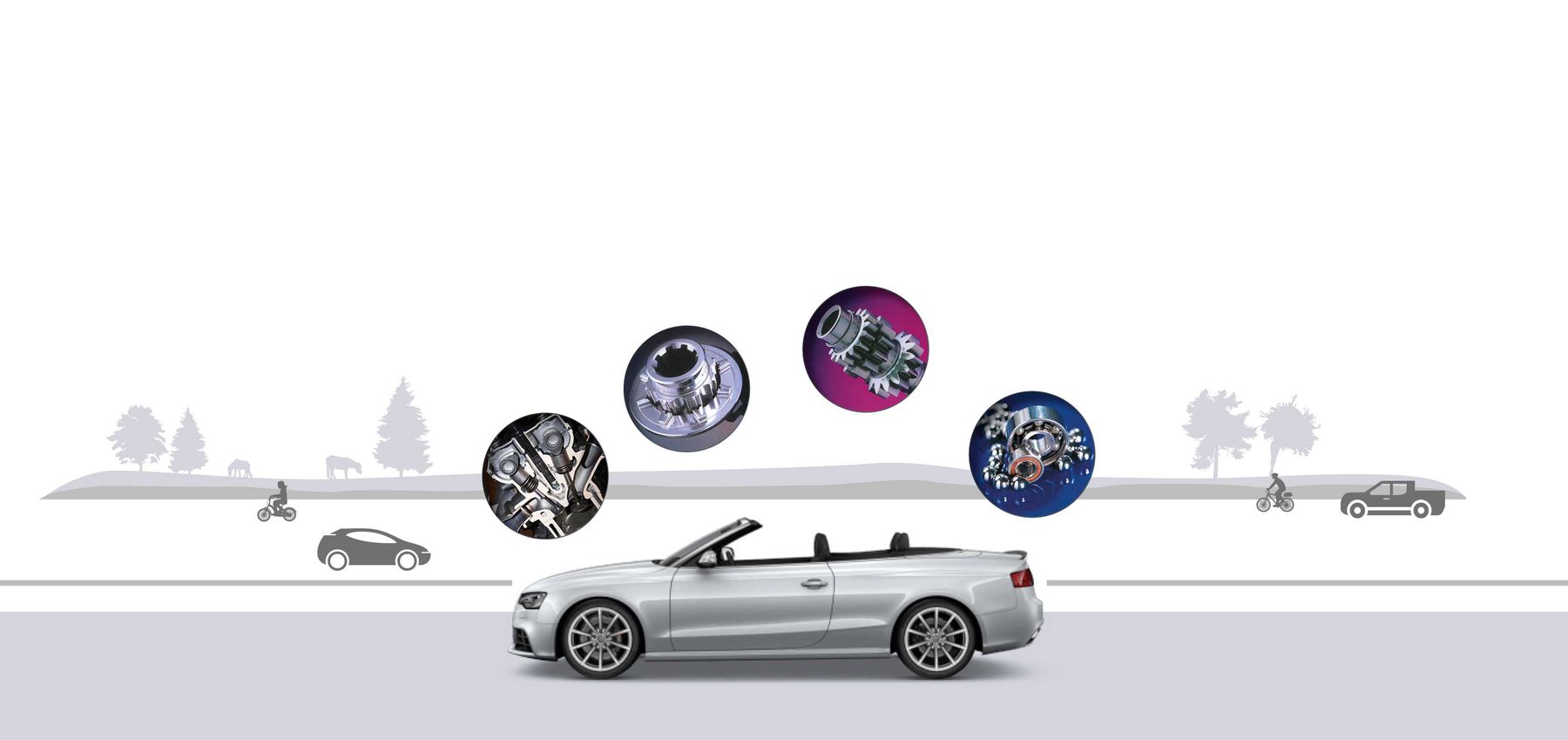
Online Gaming: Creating Communities in Virtual Worlds
As AI technology continues to advance, the possibilities for its application in various industries grow exponentially. One particular industry that stands to benefit massively from AI development is healthcare. The use of AI in the healthcare industry has the potential to revolutionize the way healthcare services are delivered and improve patient outcomes.
One specific application of AI in healthcare is the use of predictive analytics. Predictive analytics is the use of machine learning algorithms to analyze huge amounts of data, including patient data, clinical trial data, and public health data, to predict medical events before they happen. This technology is incredibly powerful in identifying patients who may be at risk of developing certain medical conditions, enabling healthcare providers to intervene earlier and prevent or mitigate the progression of illness.
AI can also be used to assist medical professionals in diagnosing and treating medical conditions. For example, imaging analysis algorithms can automatically identify and classify medical images with a higher level of accuracy than human physicians. AI can analyze a vast amount of patient data to generate personalized treatment plans that are more effective than those developed through traditional methods.
Another area where AI is contributing to healthcare is in drug development. AI is revolutionizing the drug discovery process by allowing scientists to use predictive analytics and machine learning algorithms to identify potential new drugs and analyze the potential efficacy of those drugs much faster than traditional methods. With AI’s help, drug discovery can be streamlined and accelerated, leading to new treatments being developed and released into the market faster.
AI can also be used to identify new autoimmune disease targets, which can lead to new drug development. There are over 100 autoimmune diseases that affect millions of people worldwide, including rheumatoid arthritis, lupus, and multiple sclerosis. Despite the high prevalence of these diseases, many patients still do not receive effective treatment. AI can help identify new drug targets, allowing for the development of new drugs to combat these diseases and improve patient outcomes.
In conclusion, AI technology is transforming the healthcare industry in significant ways. From patient diagnosis and treatment planning to drug development and disease identification, AI technology is helping healthcare providers to deliver better care to patients than ever before. As AI technology continues to evolve, it is likely that its applications in healthcare will become even more influential in the years to come. Like many areas of our lives, the era of AI-powered healthcare is just beginning, and it is an exciting time to be in the field.




